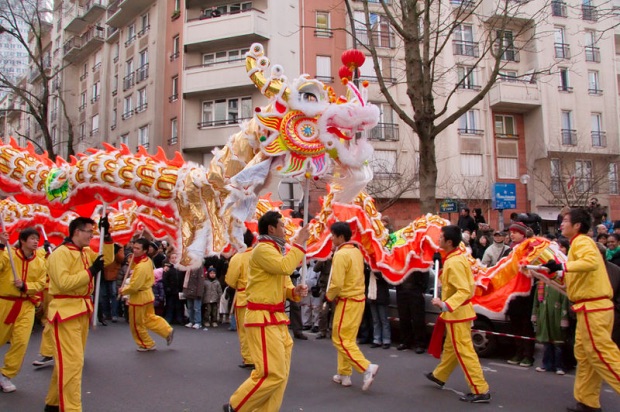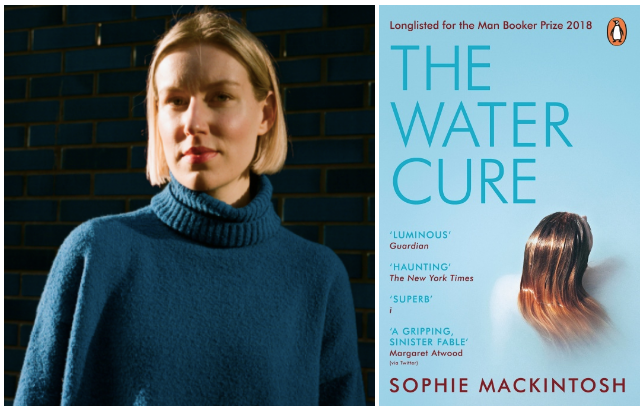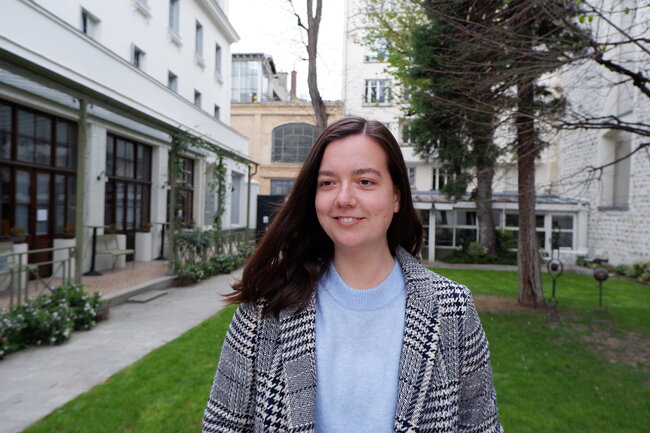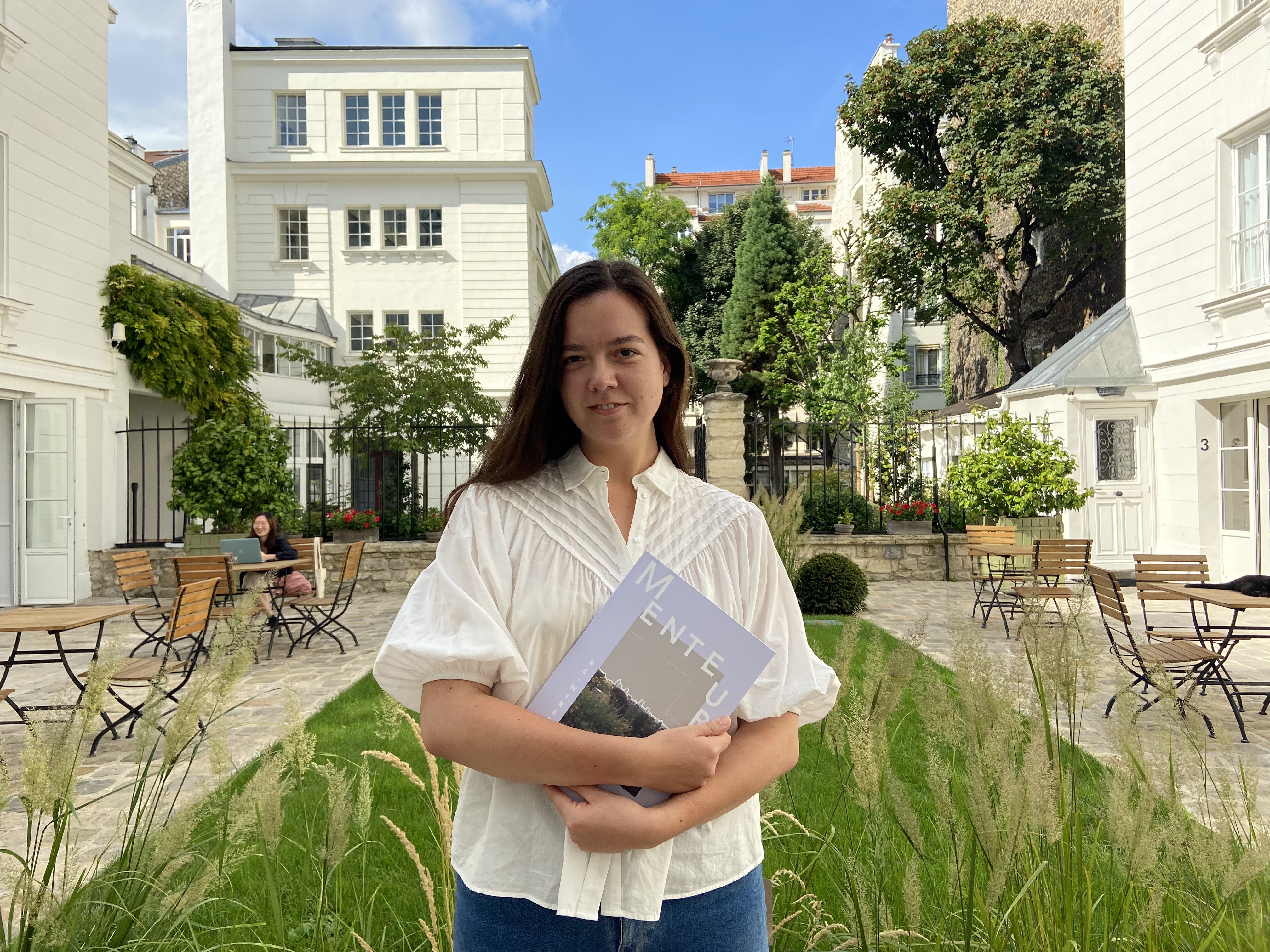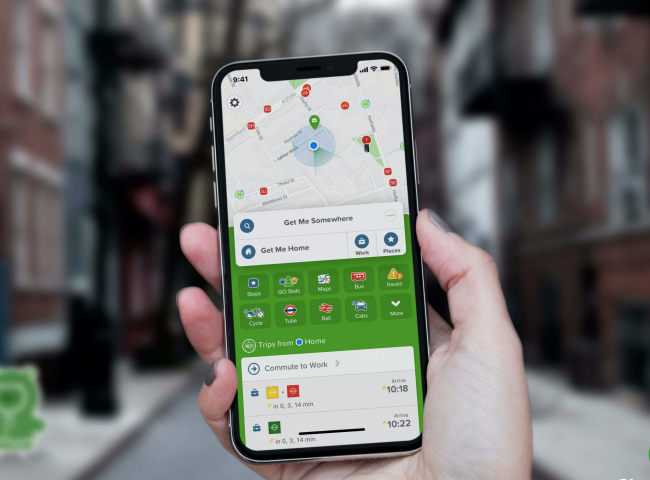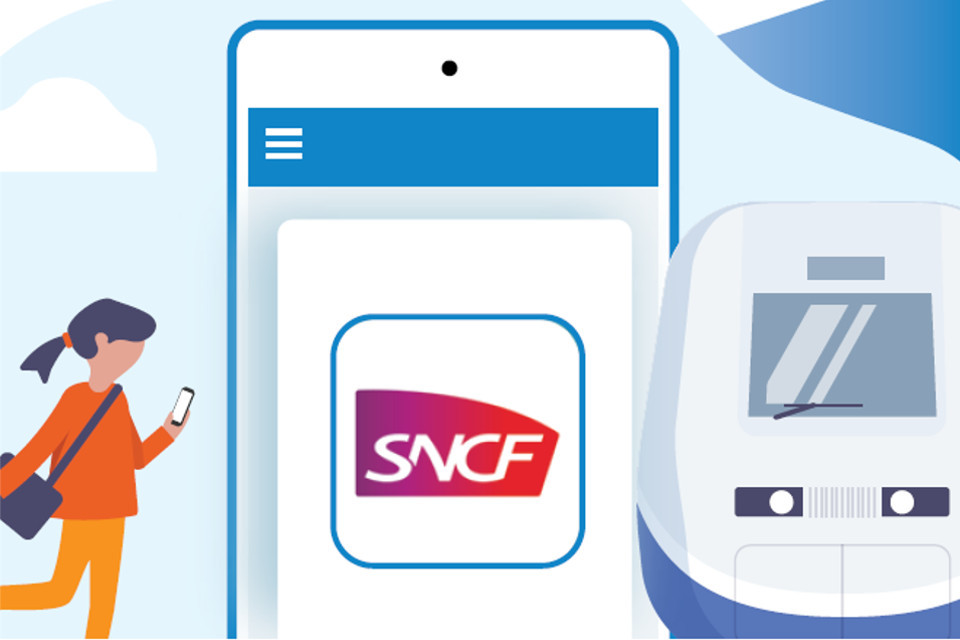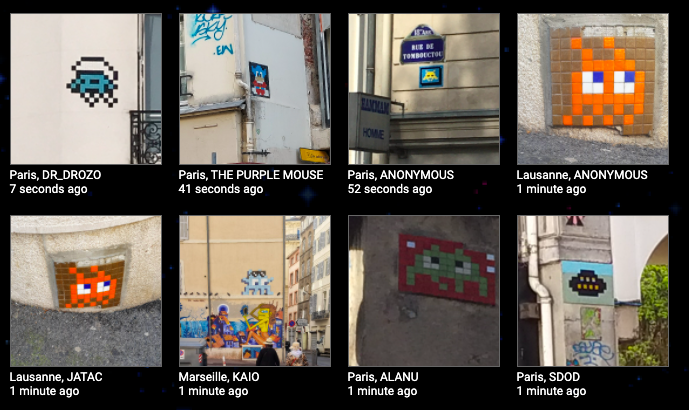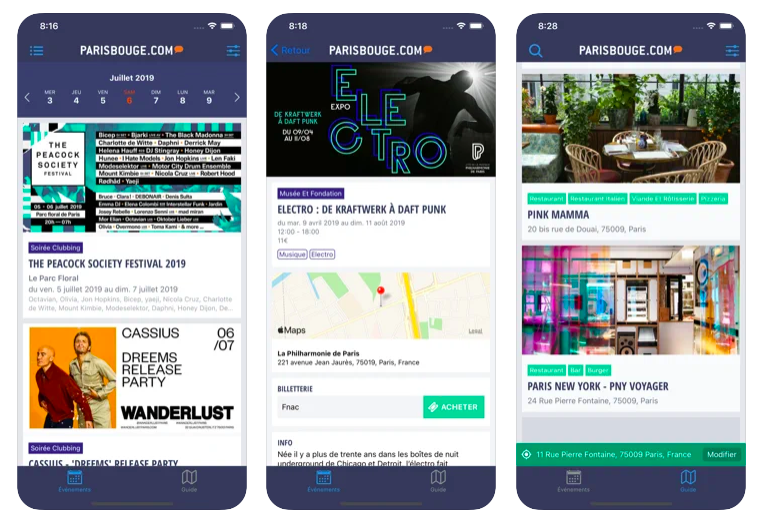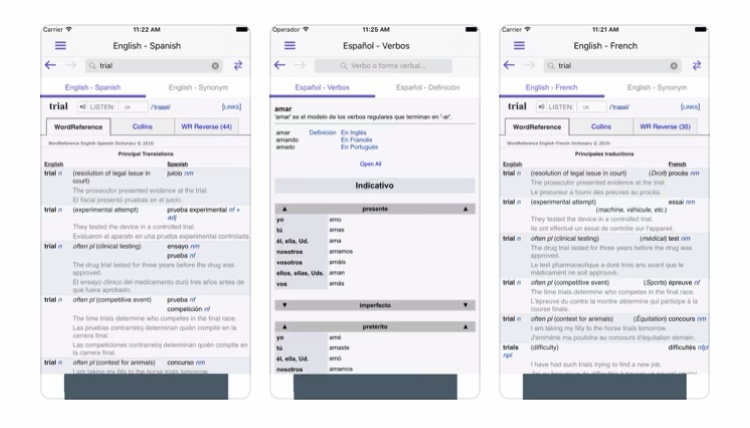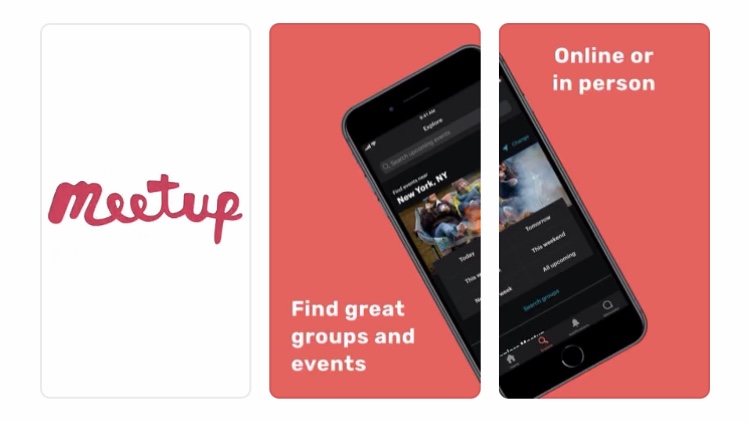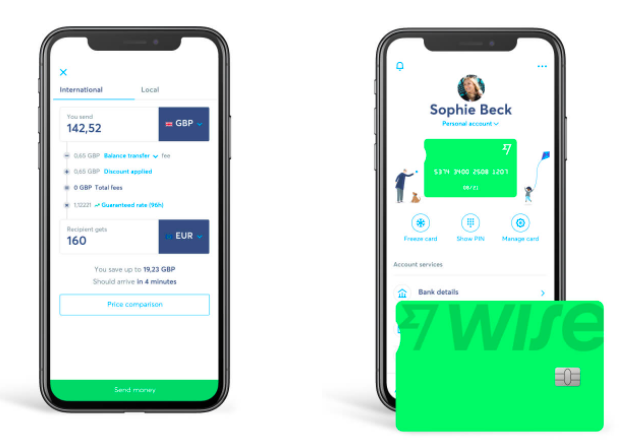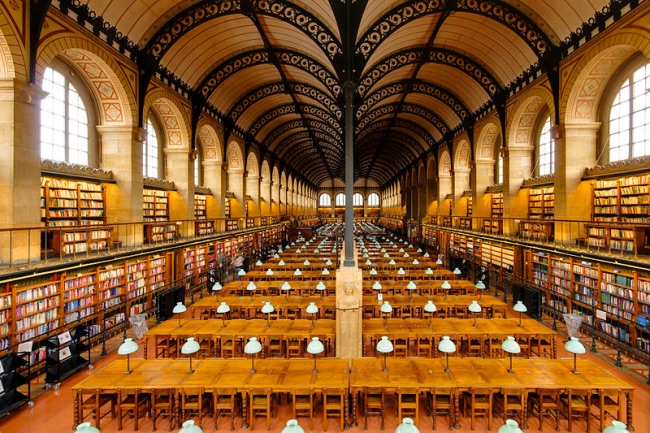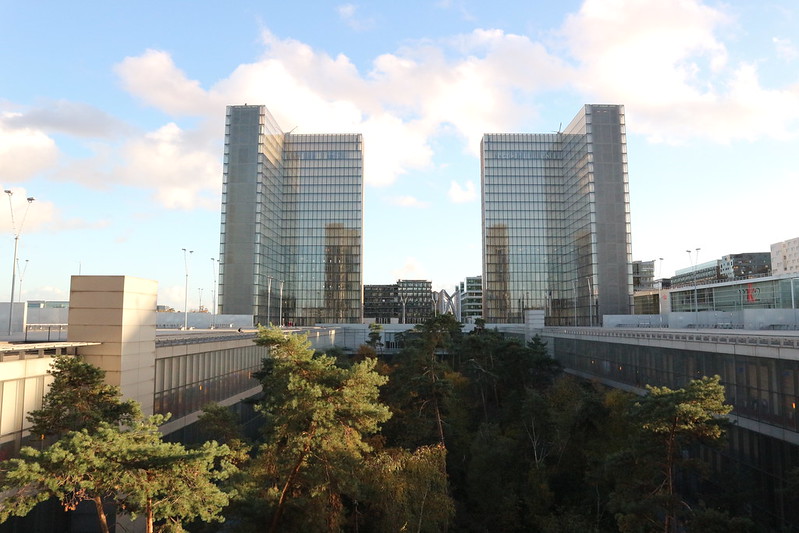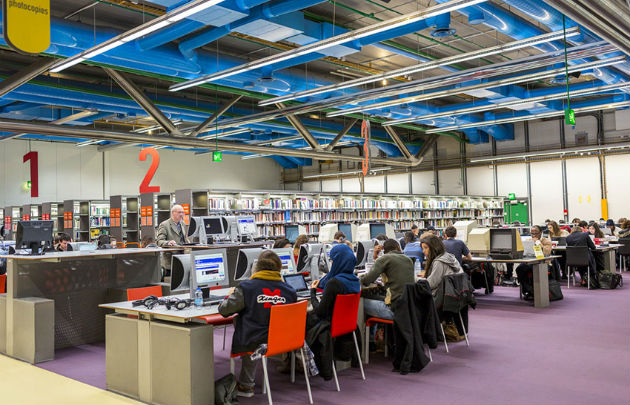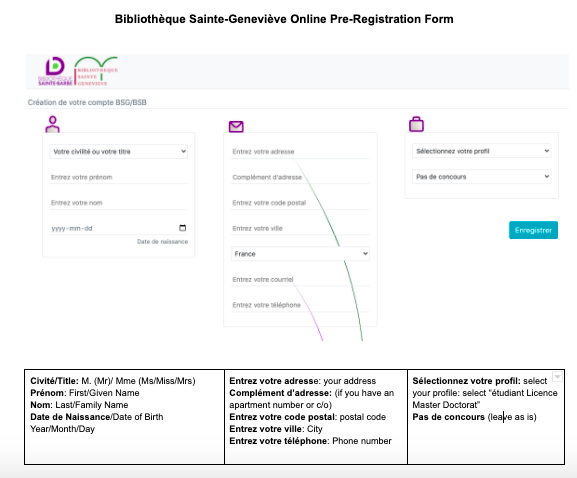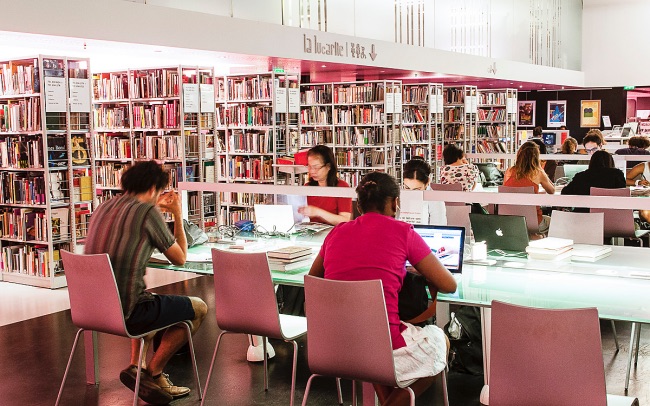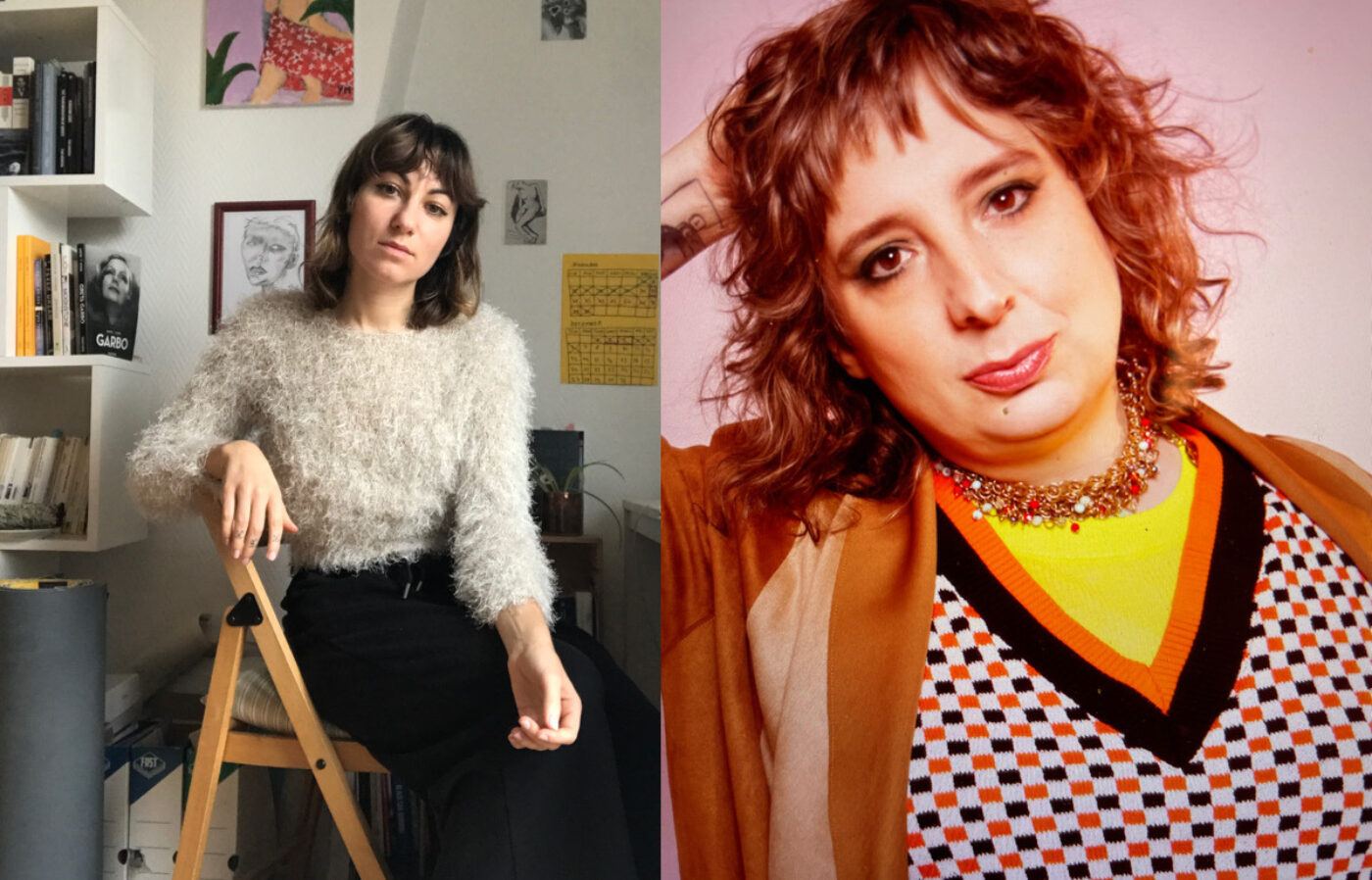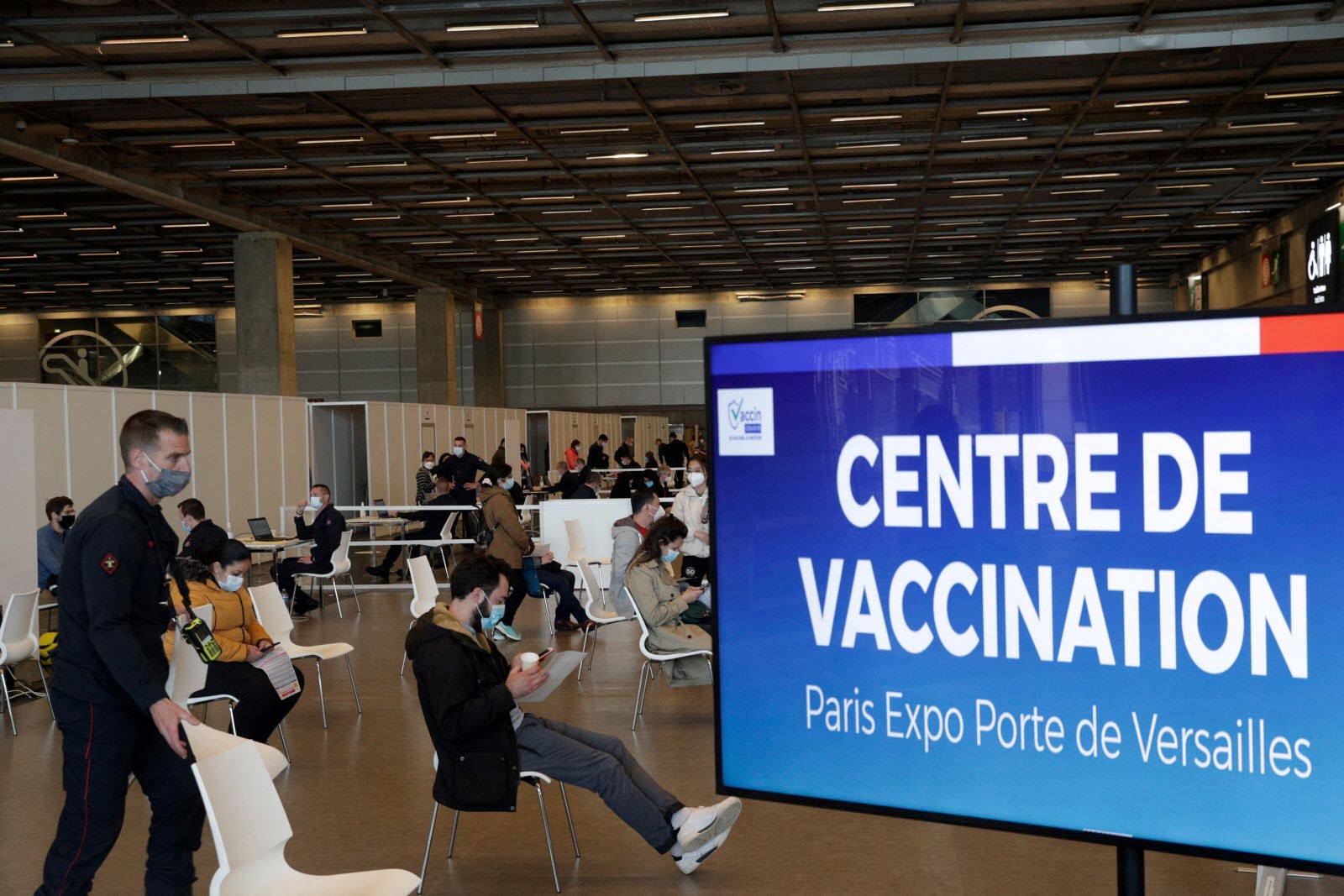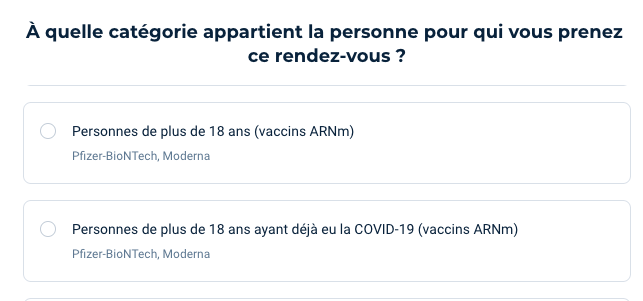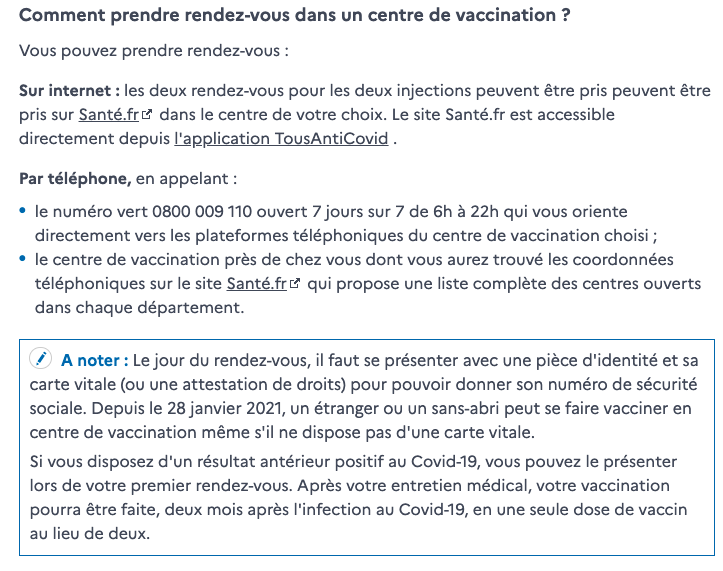Over the centuries, people from around the world have come to Paris, leading to a number of cosmopolitan neighbourhoods around the city. Among these are three different Chinatowns, two of which are more prominent. Although they tend to lack some of the charm of the Chinatowns in cities like London, New York, San Fransisco or Vancouver, they are abound in colours, flavours and life. Enjoy a sensorial visit to the Chinatowns of Paris thanks to these useful tips.
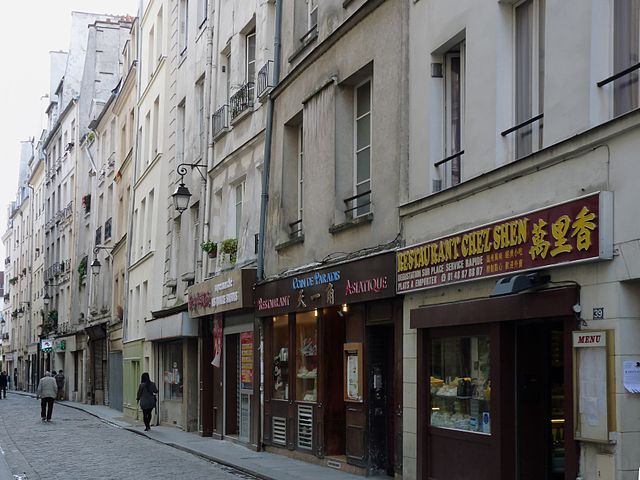
Rue au Maire. Photo: Ralf Treinen / CC
Arts-et-Métiers
The city’s original Chinatown is found in pocket of the 3rd arrondissement. As the traditional wholesale clothing district of the city, some Chinese, particularly from Wenzhou, settled in the area. Not too much is still visible today, however, around the City Hall of the district (la Mairie du 3ème) some Chinese shops and restaurants can be found on rue au Maire, rue Volta, rue du Temple and rue des Gravilliers.
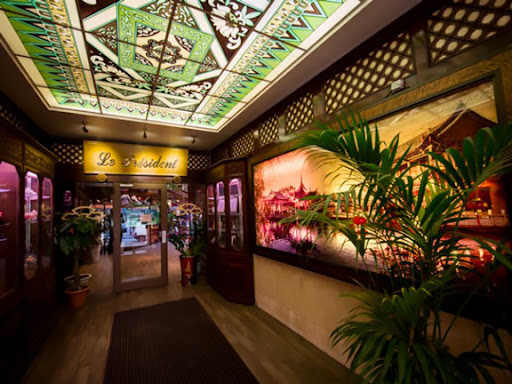
Photo: Le Président
Belleville
Traditionally working class, rebellious and artistic, the neighbourhood of Belleville is likely Paris’s biggest melting pots. Along the bustling Boulevard de Belleville one can find North African hookah lounges, Jewish delis and Asian supermarkets. Asians first started settling here due to the establishment of French territories of Indochina (modern-day Vietnam, Cambodia and Laos) in the second half of the 1800s. Immigrants for China also settled in the area before the establishment of Les Olympiades (see below).
The area’s most famous restaurant is Le Président, a vast Cantonese restaurant presiding over the intersection at métro Belleville (closed for renovations until December 2021). For great Vietnamese pho or bobun, grab a table at Chez Yu and vegetarians might want to track down Best Tofu, a small casual joint packed with Asian diners (best for lunch as it closes at 8pm). There are also two branches of the popular Chinese supermarket Paris Store, found on Boulevard de la Villette, the northern extension of Boulevard de Belleville.
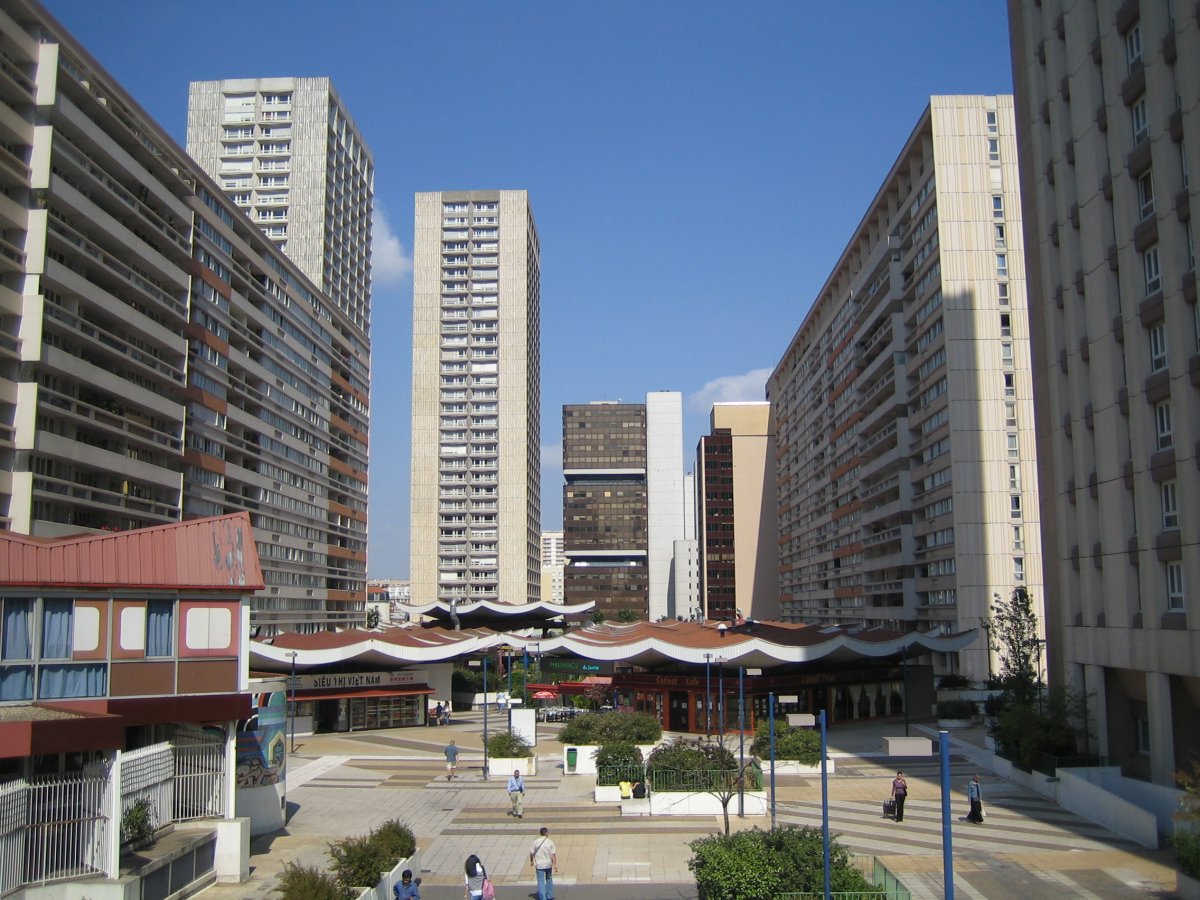
Paris Olympiades. Photo: Thierry Bézecourt / CC
Les Olympiades
The more active heart of the Chinese community in Paris is located in the Olympiades district of the 13th arrondissement. Europe’s largest Chinatown, in terms of size, while it isn’t necessarily the most typically picturesque Parisian district, due to its 1970s high-rises, it’s still a vibrant neighbourhood and is also historically significant to the evolution of the city.
As Paris was modernising in the 20th century, the former factories of the 13th district began closing down. This left way for new development, which was undertaken by architect Michel Holley. Strongly influenced by Le Corbusier, he created a neighbourhood of eight 104-metre high apartment towers around a central plaza. Totally almost 3,000 flats, the new district was unpopular with Parisians, however, at the time there was an influx in migrants from the disintegrating Indochina territories, who ended up settling here in Les Olympiades.
Enjoy a wander within the triangle formed by Avenue d’Ivry, Avenue de Choisy and Boulevard Masséna. Make sure you explore the La Pagode shopping mall, located in the centre of the Les Olympiades esplanade. Here you’ll find shops selling Asian knick-knacks, goods and food as well as casual eateries with plastic stools just like in Hanoi.
For sights, try to find the Hidden Buddhist Temple which is located in the a car park at 37 rue du Disque, there is also a Taoist temple at 44 avenue d’Ivry, which you can pop into by removing your shoes. A stop in at one of the famous Tang Frères supermarkets is also a must. Founded in 1976 by brothers from Laos, the large shops sell good value pan-Asian food. While we don’t recommend eating there, you might smile at seeing the area’s McDonald’s, at 9-11 Avenue de Choisy, which has an Asian look.
For a meal instead enjoy some excellent Vietnamese soup at Pho Bành Cuon 14, dig into some tasty and reasonably priced southeast Asian food at Lao Lane Xang 2, or have a traditional Chinese meal at Li Ka Fo. For something on the go, track down Thieng Heng, for an authentic Vietnamese banh mi sandwich, or some bubble tea at Bubble House.
If you’re in Paris at the right time of year, try to visit the neighbourhood is for the New Year Lunar celebrations. During this annually changing period, taking place at the end of January or early February, the streets are decked out in banners and lanterns and a lively parade is held.
We hope you enjoy your cultural and culinary explorations! You may like to pair an outing the Les Olympiades with the nearby Butte-aux-Cailles, which is included in this article on the Former Villages of Paris.
Then if you’re looking for further places to discover in Paris, check out these other articles from our blog:
- Exploring the Jewish Heritage of the Marais
- Offbeat Historic Sites to Seek Out in Paris
- Architecturally Interesting Places of Worship in Paris that Aren’t Notre-Dame
- The Best Contemporary Architecture in Paris
Top Image: Chinese New Year in Paris. Georges Seguin (Okki) / CC
